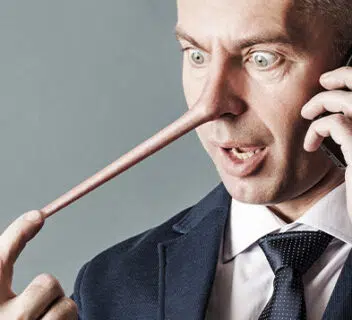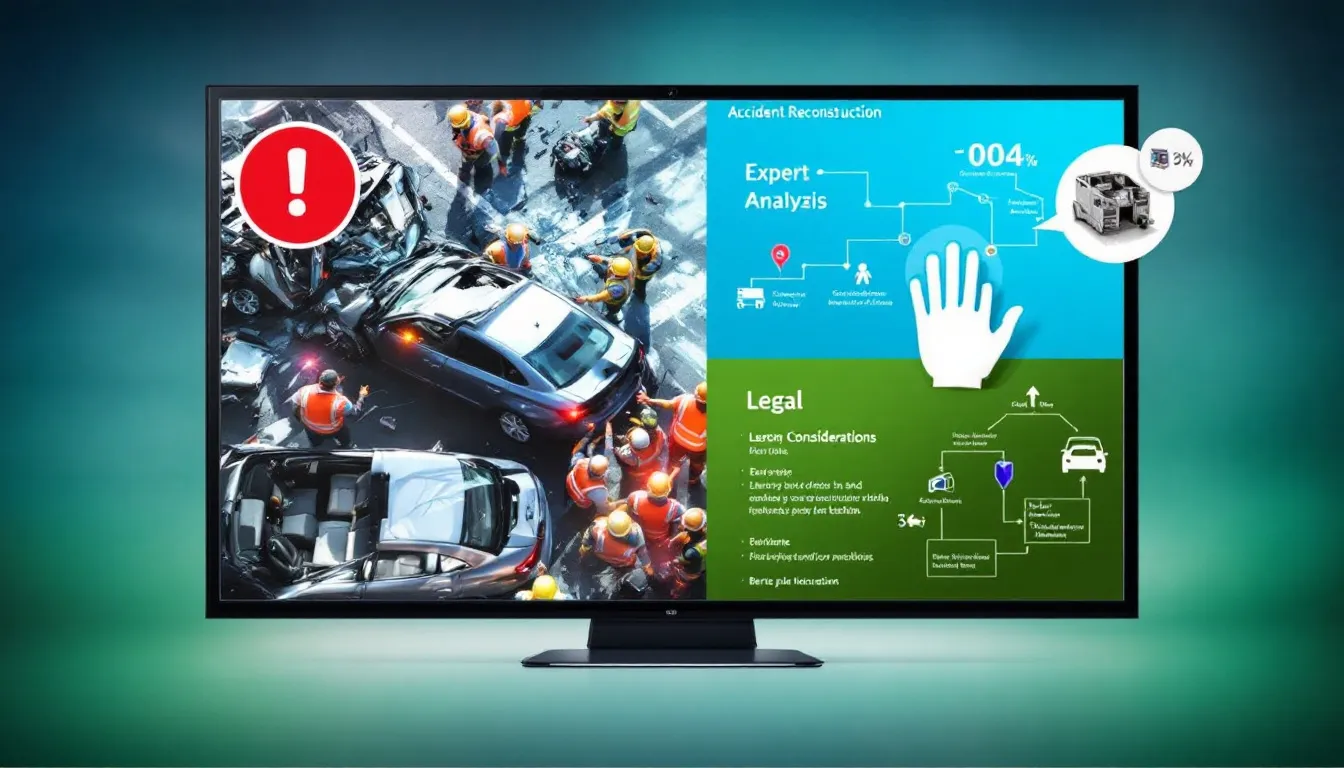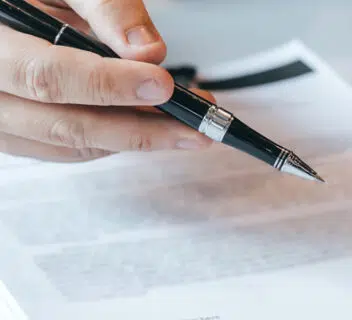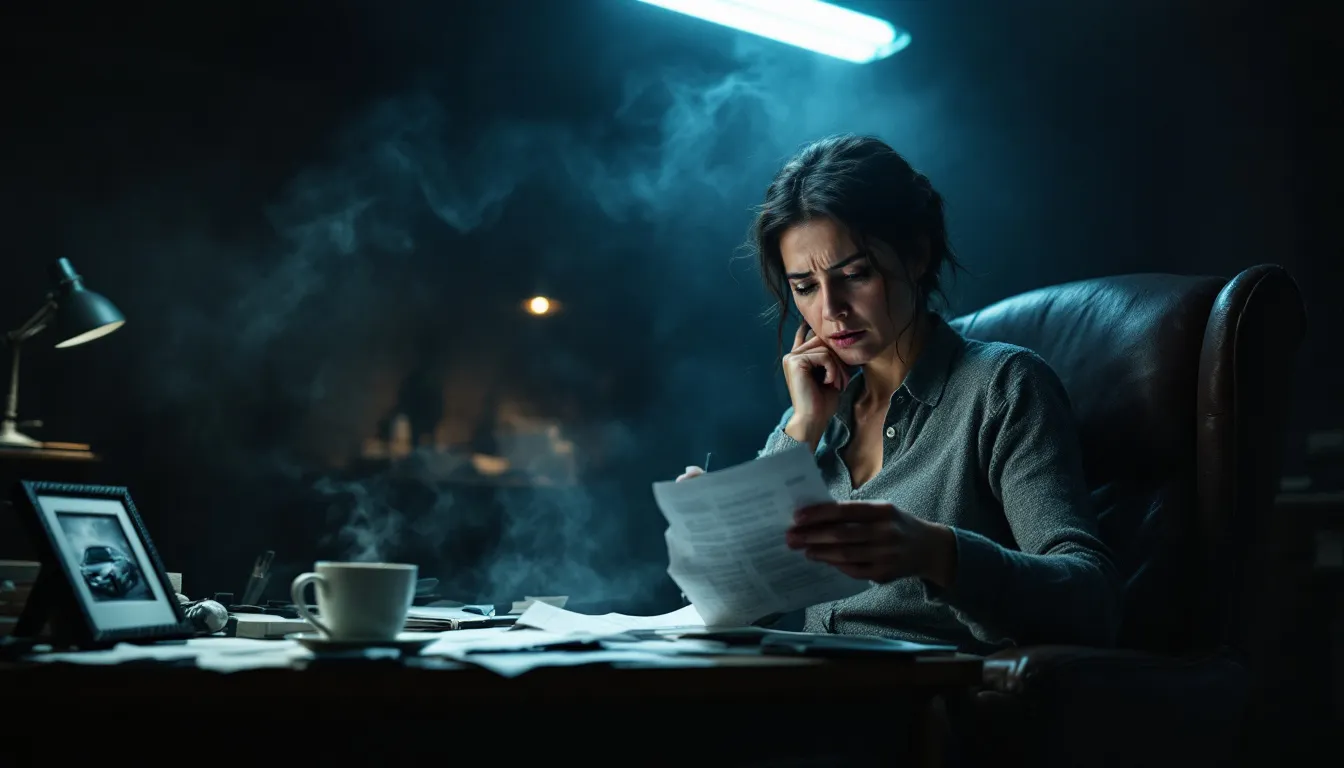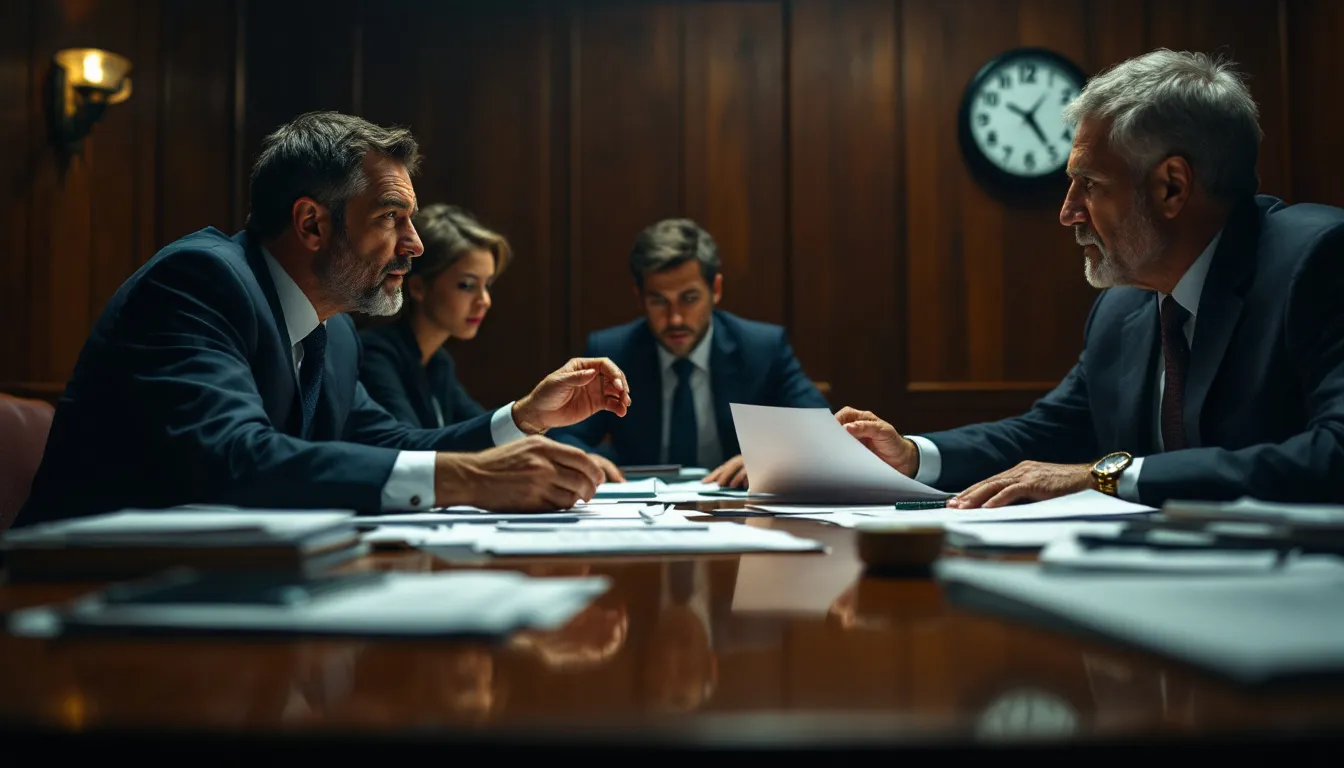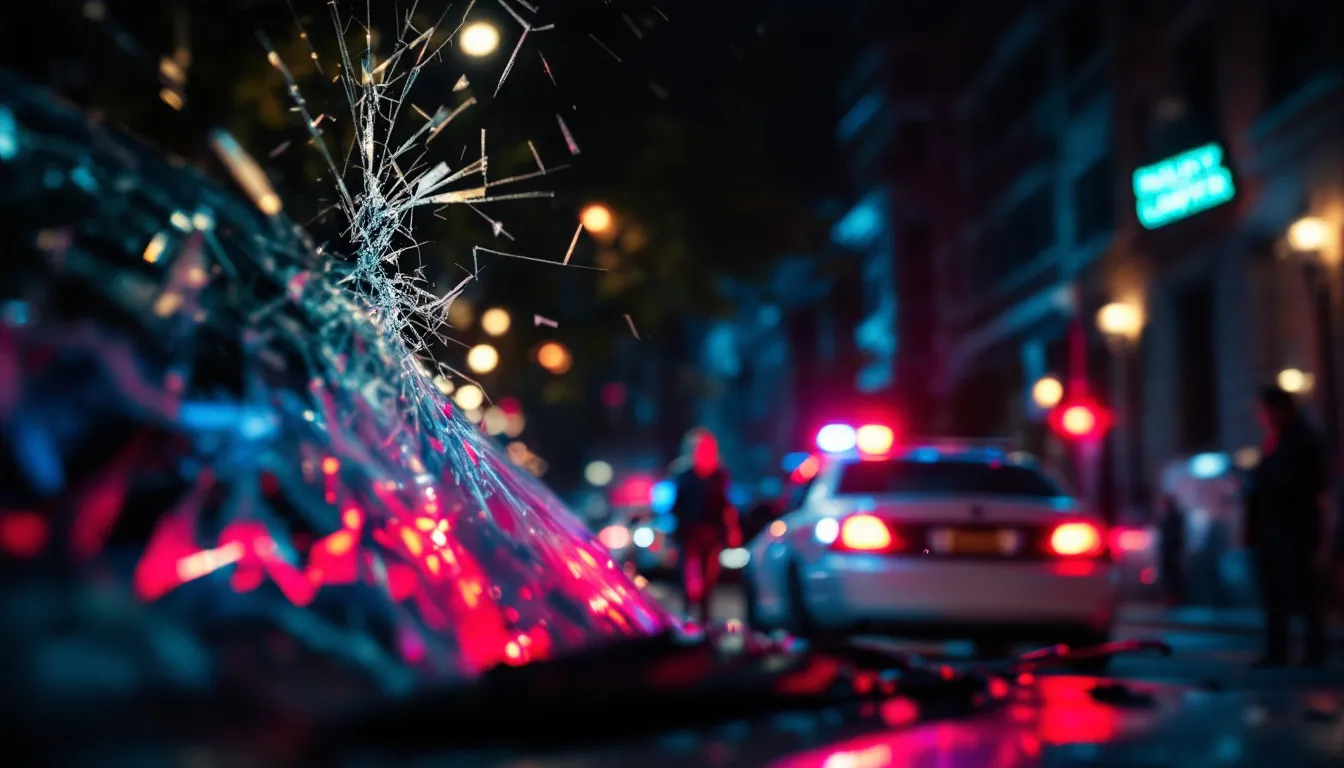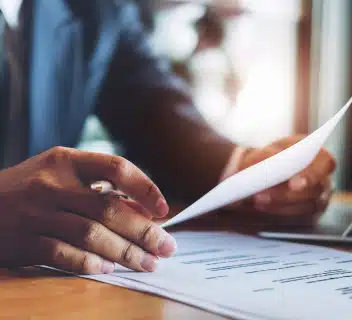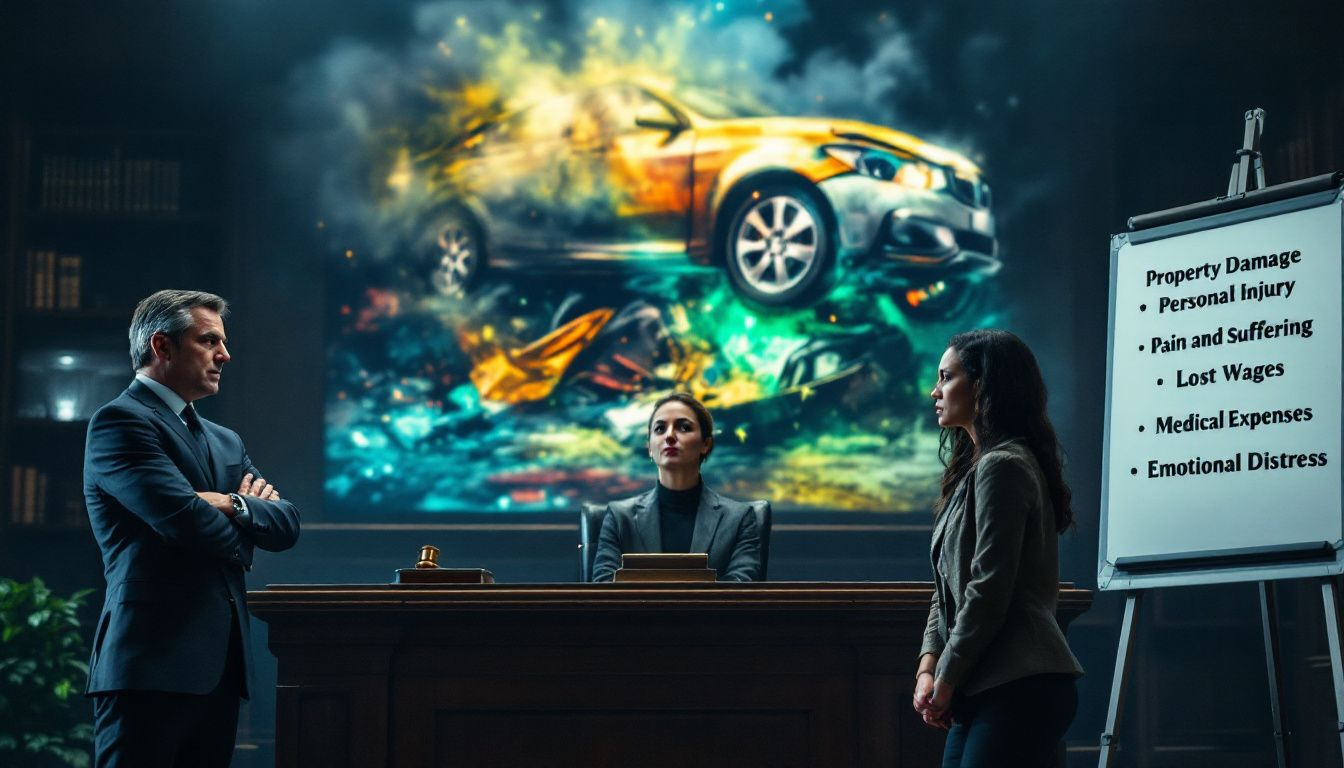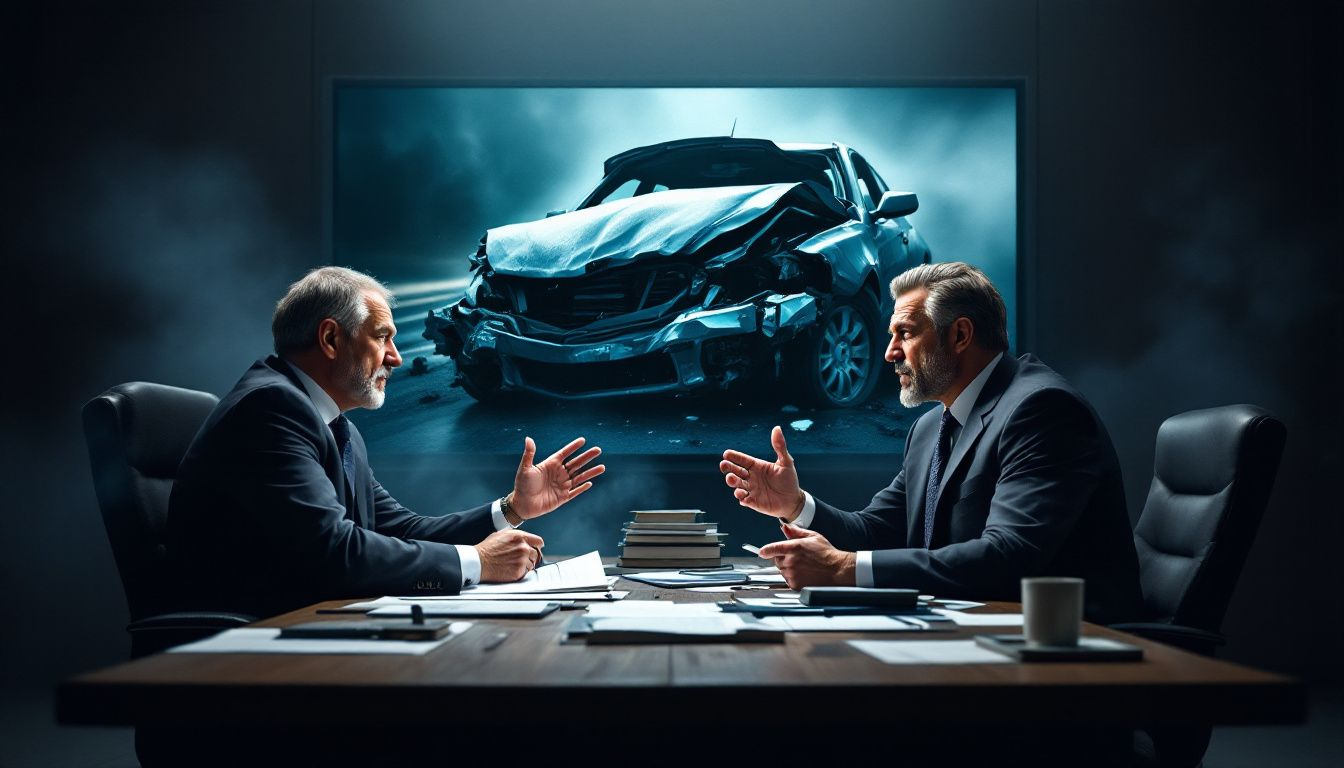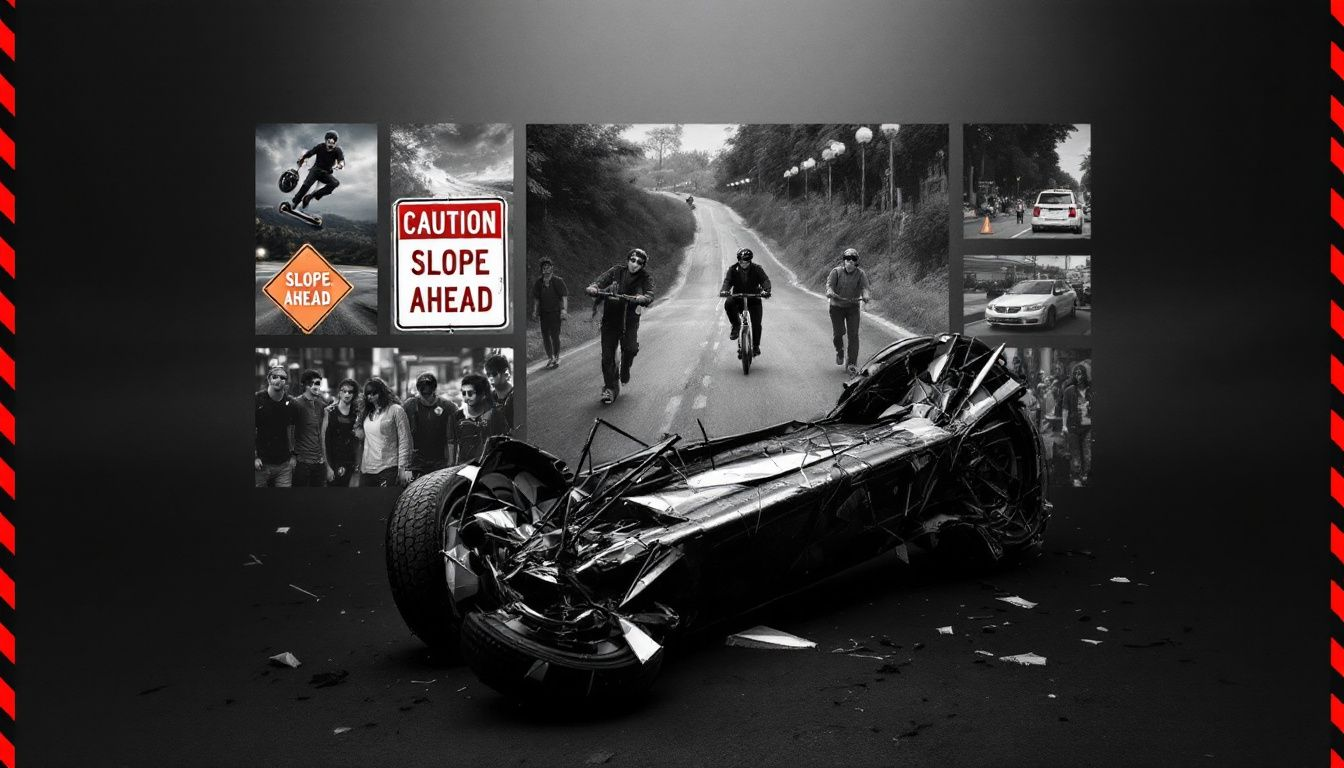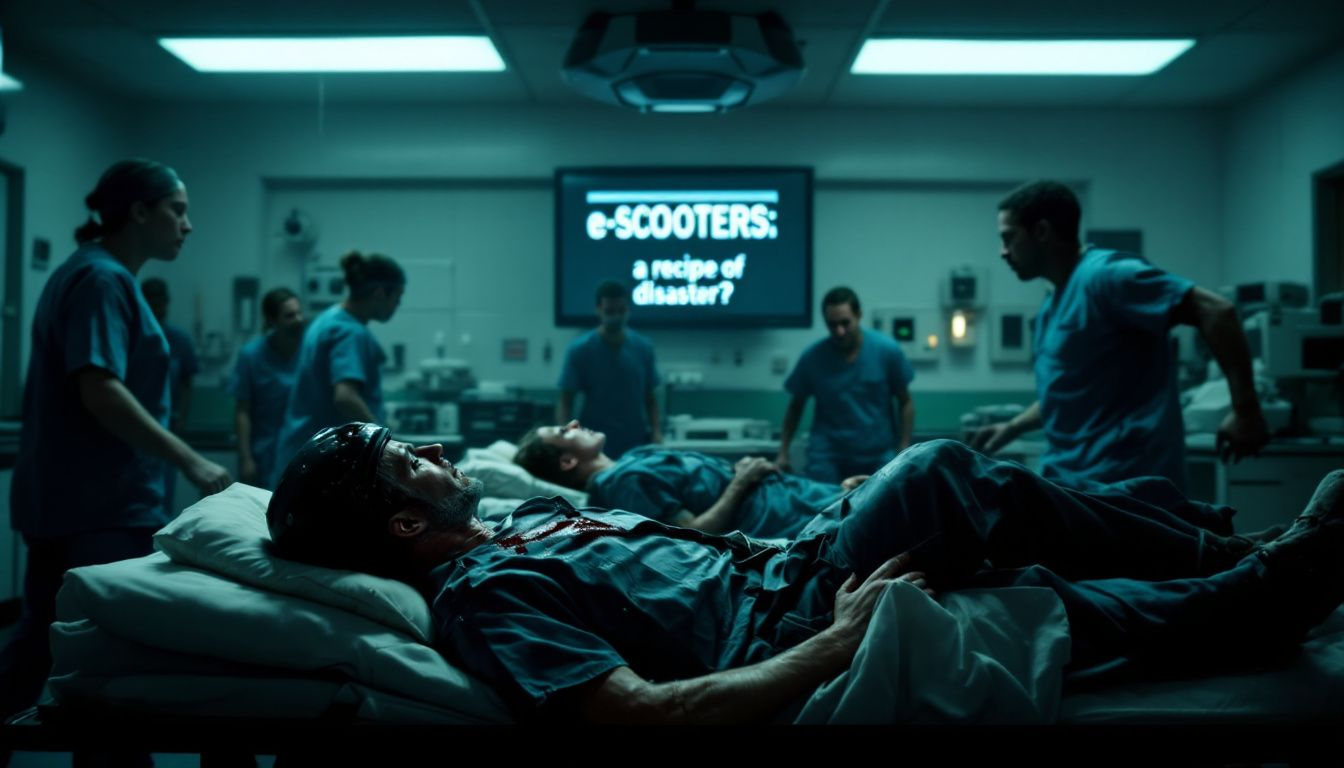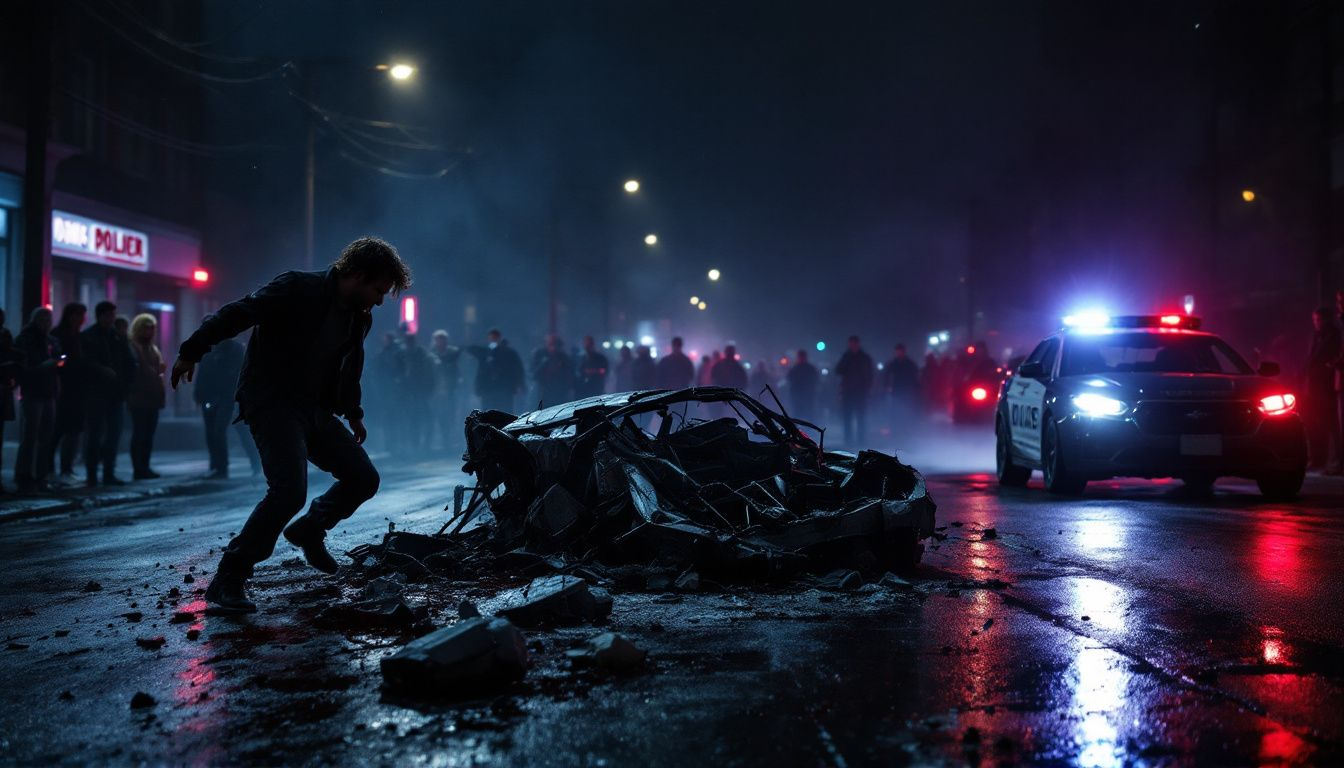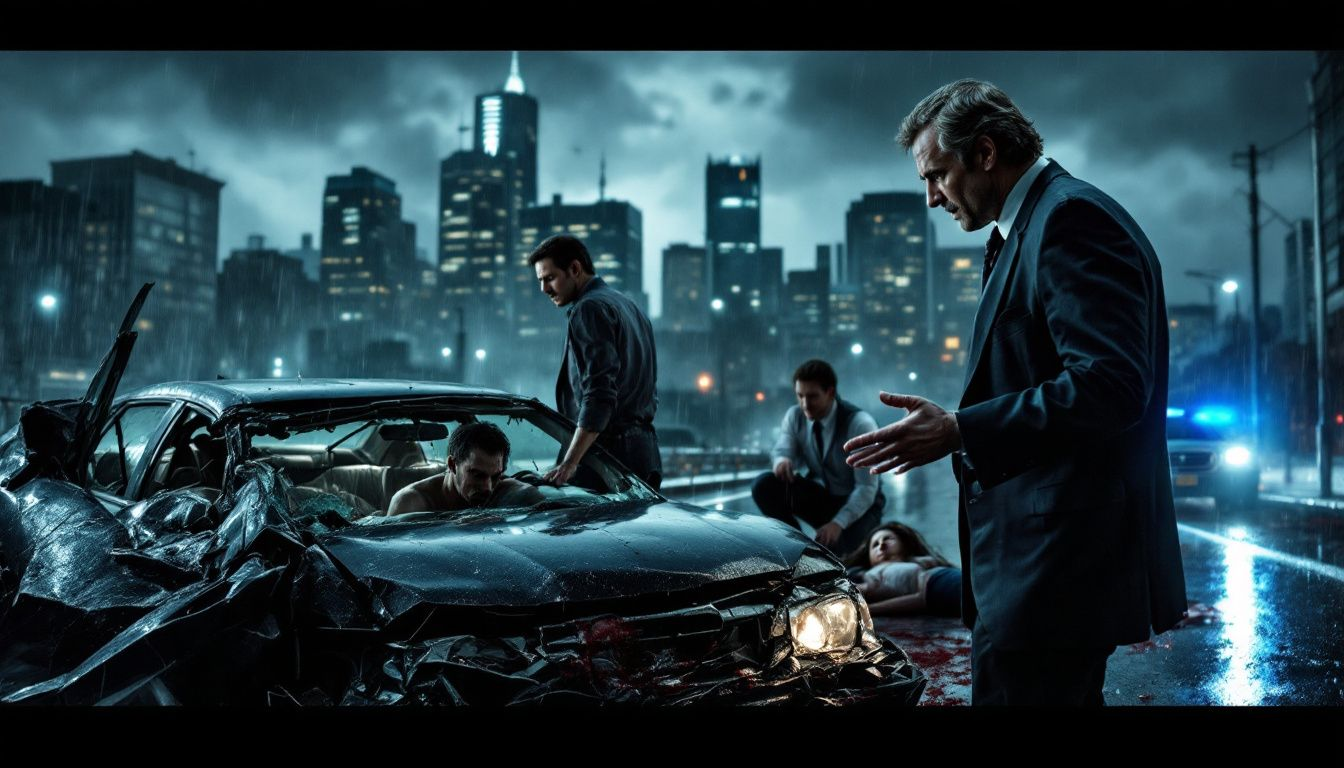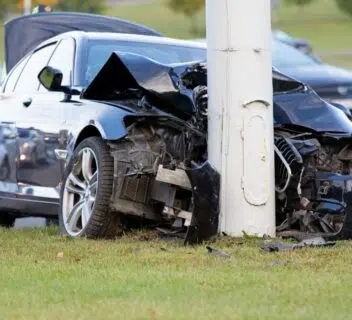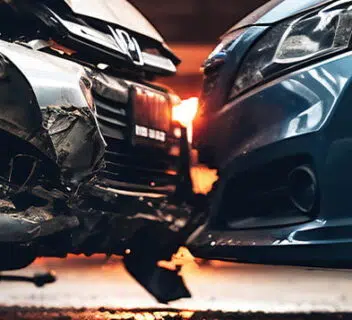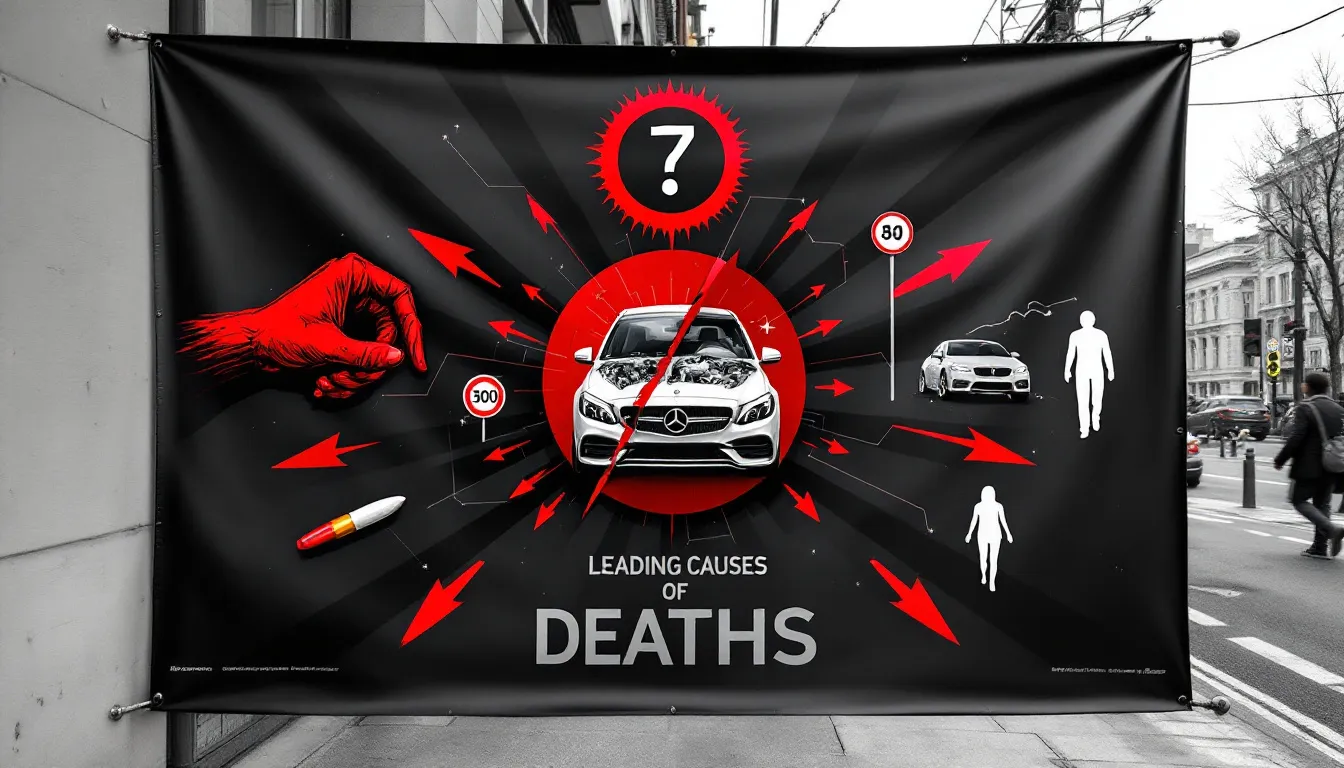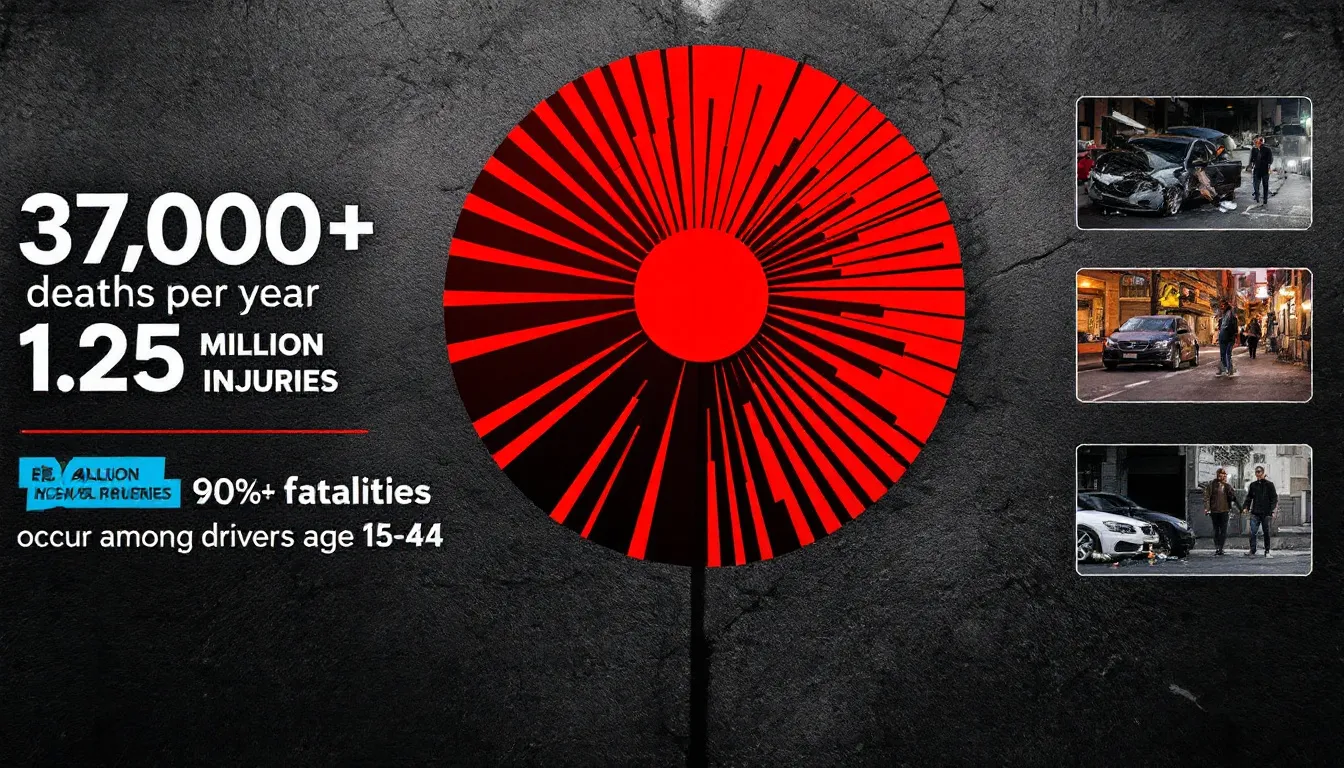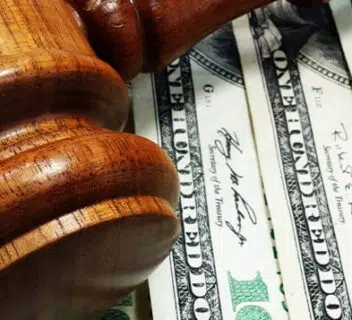Can you sue someone for lying about a car accident? Yes, if their false statements have harmed you. This article covers the legal grounds, evidence needed, consequences for the liar, impact on insurance claims, and how a personal injury lawyer can help.
Key Takeaways
- Legal actions such as defamation or fraudulent misrepresentation can be pursued against drivers who lie about car accidents, requiring strong evidence to support claims in a car accident case.
- Proving dishonesty in a car accident case relies on meticulous evidence gathering, including witness testimonies and discrepancies in statements, which an experienced attorney can facilitate.
- False statements about car accidents can result in severe legal consequences, including criminal charges, increased insurance premium rates, and complications in the claims process.
Legal Grounds for Suing Someone for Lying About a Car Accident

In the aftermath of car accidents, it is critical that the facts are accurately presented. Regrettably, there are instances where drivers may provide dishonest accounts to escape liability or financial consequences. Those who make false statements regarding car accidents might be subject to legal repercussions such as lawsuits for defamation and claims of fraudulent misrepresentation. Defamation involves untrue assertions resulting in damage to a person’s standing and subsequent monetary losses, which could include increased insurance rates or job loss due to a tarnished reputation following an accident. Providing a false report to law enforcement or in court can lead to serious legal consequences, including civil lawsuits for defamation and malicious prosecution.
For a case involving fraudulent misrepresentation to hold up legally, one must establish that deliberate falsehoods were made leading directly to financial detriment. This situation arises when another driver wrongfully accuses you of being at fault in an accident. This accusation can amplify your vehicle repair costs and medical expenses unjustly. Solid proof is vital for bolstering your claim—evidence like photographs or video footage from the scene coupled with witness statements can effectively dispute any fictitious allegations.
Securing concrete evidence immediately after an incident proves crucial in challenging deceitful narratives about what transpired. Procuring comprehensive documentation through images detailing both vehicular harm and overall context at the site along with contact information from observers forms compelling supporting material for any claim processions. You should also consider seeking guidance from a seasoned attorney who will aid not only in verifying the strength of your case but also offer counsel on efficiently amassing such pertinent evidence. Lying to an insurance company about the circumstances of a car accident is considered insurance fraud, which carries significant legal implications.
Confronting deceptive practices within legal settings presents intricate challenges—a skilled personal injury lawyer becomes invaluable by shedding light on available legal strategies you may pursue while supporting potential actions against distortion through laws related specifically either defamation or fraudulent representations depending upon circumstances surrounding each unique incident involving automotive collisions.
Proving the Other Driver Lied
Demonstrating that the other driver was dishonest about the details of a car accident is essential but can be difficult. It is essential to collect evidence at the accident scene, such as video footage and witness statements, to build a strong case. Accumulating ample evidence, such as video from dashcams, official police reports, and any other forms of documentation that detail what happened during the incident, is vital.
The accounts given by a car accident witness can play a crucial role in supporting your account of events. The testimony from an honest witness at the scene can greatly bolster your claim. Evidence like phone logs or security camera footage may also reveal falsehoods on the part of the opposing driver. For instance, if they insist they were not on their mobile device at the time yet their phone records indicate otherwise.
Inconsistencies within statements made by this other driver could act as indicators of deception. Showcasing these contradictions and variances in their story may help solidify your position. Experts who scrutinize this evidence might detect scientific flaws within this opposing party’s narrative, which would lend more credibility to your version.
Attentively compiling and presenting all relevant information necessitates both thoroughness and strategic planning—an area where a seasoned personal injury attorney excels. These legal professionals are adept at amassing proof, critically evaluating it, delivering compelling arguments before court authorities while contesting perjured testimonies through meticulous cross-examination processes—all increasing likelihood for achieving favorable outcome in claims tied to traffic mishaps caused by deceptive drivers.
Consequences of Making False Statements About a Car Accident
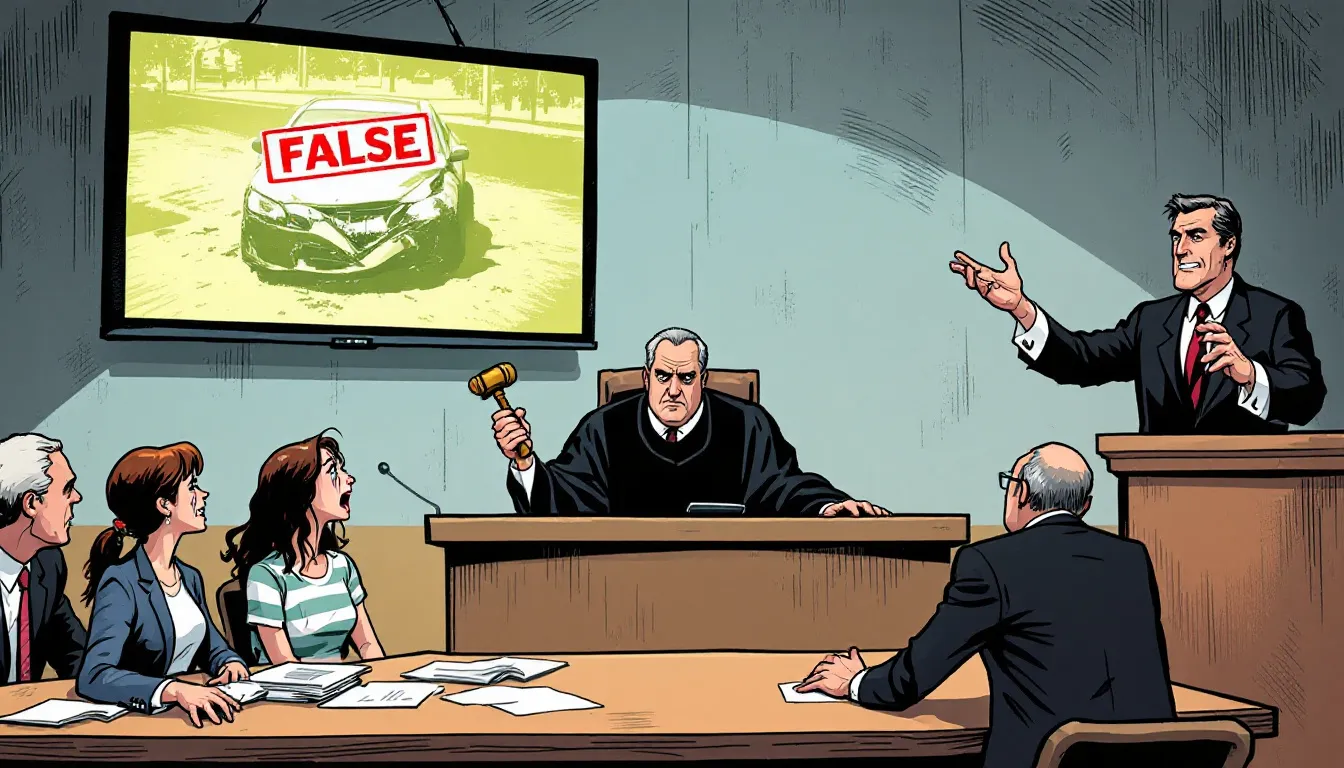
Making misleading statements regarding a car accident can have serious legal repercussions. Perjury, which is the act of lying under oath during court proceedings, may result in harsh punishments including jail time. Submitting a false police report could bring about charges for obstructing justice or filing a fraudulent report.
Providing a false statement about an automobile incident might lead to allegations categorized as insurance fraud. These are typically punishable with substantial fines and potential imprisonment. Conveying falsehoods to authorities might incur criminal charges, highlighting the necessity for truthfulness throughout judicial processes.
The implications of fabricating information about an auto collision go beyond facing criminal prosecution—it can also cause claim rejection and denial by insurance companies. Delivering erroneous data to law enforcement officers may be classified as a class D felony in certain areas, associated with grave consequences.
Issuing false declarations affects not just the individual involved, but likewise influences insurance claims and subsequent legal actions. Deceiving insurers concerning physical harm sustained may provoke accusations of committing insurance fraud. The erosion of trust that results from being caught in deception can adversely affect future compensation requests and related lawsuits, thus stressing the imperative nature of maintaining integrity when addressing matters stemming from an automobile mishap.
Impact on Insurance Claims
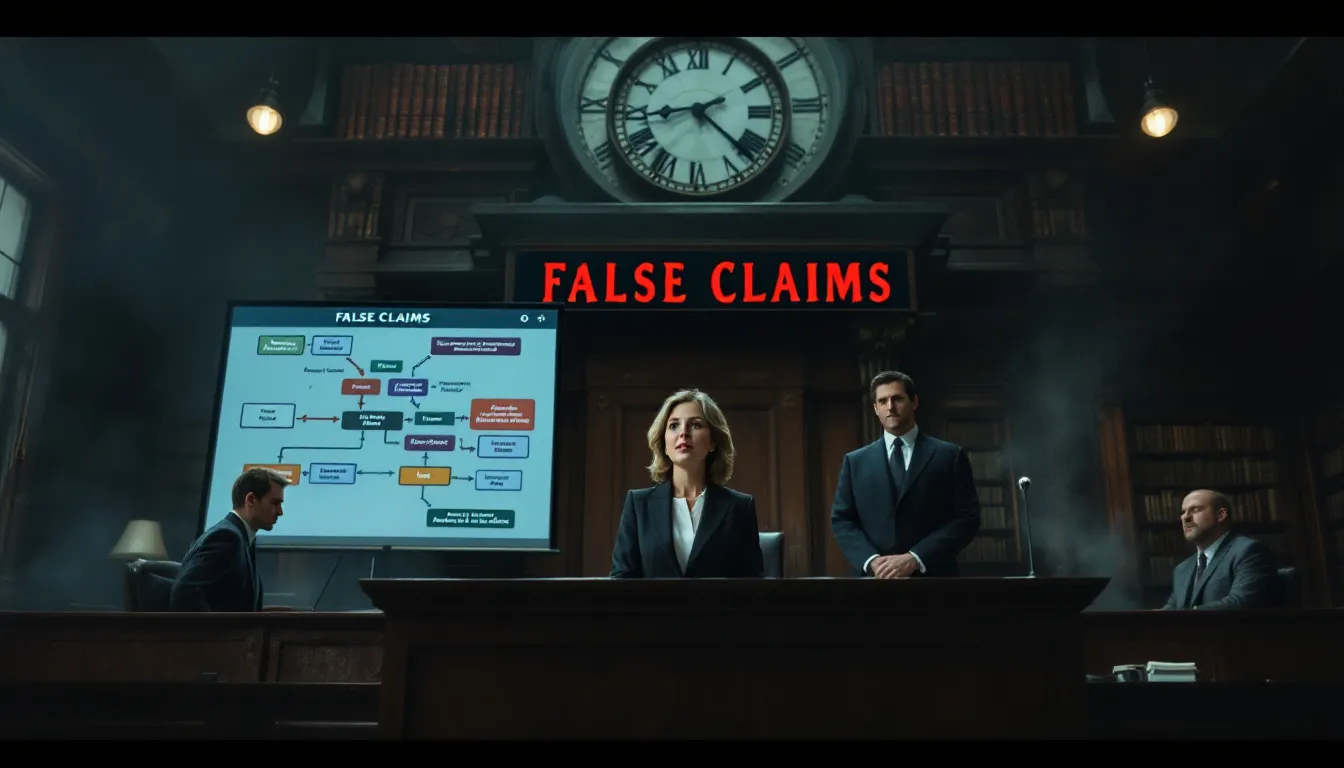
Misrepresenting facts can obstruct the process of settling insurance claims, making it challenging to obtain just compensation from the insurance company. When false information is given following an accident involving a vehicle, it might lead to the rejection of your claim and potentially trigger an investigation into fraud. Insurance companies are astute in identifying illegitimate claims, with dishonesty possibly resulting in serious repercussions.
Individuals typically rely on their own car insurance for medical expenses, and false information can complicate these claims.
When witnesses provide untruthful accounts, they could jeopardize the integrity of insurance claims, which may then be refused. These erroneous statements by witnesses often necessitate additional scrutiny and cause delays. In response to deceitful claims, insurers have been known to terminate policies or impose higher premiums on policyholders. Discrepancies within testimonies arouse suspicion among adjusters who will likely delve deeper into their examinations.
Reliable reporting by law enforcement plays a pivotal role in fortifying your position against spurious allegations during an accident-related incident. Submitting inaccurate details has consequences such as protracted processing times for your claim or outright denials along with potential legal troubles down the line. Thus accuracy and truthfulness are crucial for ensuring that claiming procedures remain straightforward and equitable when dealing with insurance matters after accidents occur.
How Personal Injury Lawyers Can Help

In the aftermath of a car accident, it’s imperative to enlist personal injury attorneys to counter false statements and achieve justice. Acquiring an attorney’s assistance can be instrumental in effectively challenging false claims. An adept lawyer will thoroughly examine your case specifics to detect any deceitfulness and buttress your position, utilizing accumulated evidence for initiating legal action against individuals propagating fraudulent assertions.
Navigating the intricacies of legal proceedings and negotiations with insurance companies is often intricate and intimidating. Personal injury attorneys are equipped to manage these hurdles while offering counsel and representation at every stage. They possess the acumen needed to decide whether pursuing a lawsuit for defamation or fraudulent misrepresentation is warranted, thus ensuring proper judicial measures are pursued.
Enlisting professional legal aid is critical when confronting fallacious allegations. Attorneys seasoned in such matters have the expertise required to steer through complex scenarios, safeguarding your entitlements while unraveling factual accuracies concerning deceptive details or injuries related to accidents—significantly improving prospects for a favorable outcome.
Victims of vehicular mishaps should seek guidance from well-versed lawyers who comprehend various legal avenues available, helping secure just reparation within their car accident cases. Personal injury advocates specialize in addressing untrue declarations by defendants so that fairness prevails throughout these trying circumstances.
Contact 1-800-THE-LAW2 today for a free consultation with a personal injury attorney in our professional network.
Alternatives to Suing
Pursuing a lawsuit against someone who has made false statements regarding a car accident is possible, but it may not always be the most advisable course of action. Often disputes can be amicably settled through negotiation rather than resorting to legal measures. This approach tends to be quicker and more cost-effective while potentially leading to outcomes that are acceptable to both parties. Should you feel compelled by the circumstances, consider whether taking legal action against someone for lying about an accident is necessary.
Should negotiations prove unsuccessful, another route could involve reporting their dishonesty to the relevant authorities. Exposing any deception by the other driver might undermine their reliability during settlement discussions and help in achieving an equitable agreement.
Exploring these options could offer considerable advantages like conserving time, minimizing stress levels, and obtaining agreeable results without entangling oneself in protracted legal proceedings.
Seeking Compensation for Financial Losses
After a car accident, you may be entitled to recover funds for direct expenses such as medical bills, missed earnings due to time off work, and travel costs related to healthcare appointments. Claims for property damage are usually processed separately from those involving personal injuries in order to comprehensively address every element of the incident.
In scenarios where your ability to earn is compromised by sustained injuries from the accident, future income losses can also be factored into your compensation request. If enduring disabilities emerge as a result of the crash necessitating modifications to homes or vehicles, these adaptation expenses are eligible for claims too. Ultimately, it’s about obtaining just remuneration that sufficiently covers all financial detriments while facilitating recuperation.
The expertise offered by personal injury attorneys includes compiling proof supporting your claim and engaging insurance firms with an aim at reaching an equitable settlement on your behalf. When negotiations fall short and insurance companies fail to provide what’s fair. They stand ready to advocate for you through civil litigation efforts aimed at recouping damages tied directly back against accrued financial setbacks stemming from the accident.
Summary
Initiating a lawsuit against someone for making false statements about an automobile collision involves intricate legal knowledge, meticulous evidence gathering, and awareness of the possible outcomes. Deceptive claims can disrupt insurance processes and attract serious penalties for those who are caught lying. Personal injury attorneys are vital in overcoming these obstacles to help victims obtain just reimbursement for their monetary damages.
In summary, truthfulness and precise communication hold significant importance when it comes to car accidents. Should you be confronted with dishonesty, seeking counsel from a seasoned attorney is imperative to discern your available legal avenues and ensure that justice prevails. Upholding honesty is essential in securing equitable resolution in such circumstances.
Frequently Asked Questions
Can I sue someone for lying about a car accident?
You can sue someone for lying about a car accident if their false statements led to financial harm, typically under defamation or fraudulent misrepresentation.
It is important to gather evidence to support your claim.
What evidence do I need to prove the other driver lied?
To prove that the other driver lied, you should gather dashcam footage, police reports, witness statements, and any relevant phone records.
This evidence will effectively support your claim.
What are the consequences of making false statements about a car accident?
Making false statements about a car accident can result in severe legal consequences, including charges for perjury, insurance fraud, and obstruction of justice, which may lead to fines, imprisonment, and denial of insurance claims.
How can false statements affect my insurance claim?
False statements can lead to claim denial, potential investigations for fraud, and significant complications in the claims process.
It is crucial to provide accurate information to avoid these adverse effects.
How can a personal injury lawyer help with false claims?
A personal injury lawyer can effectively challenge false claims by investigating the case, collecting evidence, and filing lawsuits against the offenders, ensuring the protection of your rights and interests in the legal process.
